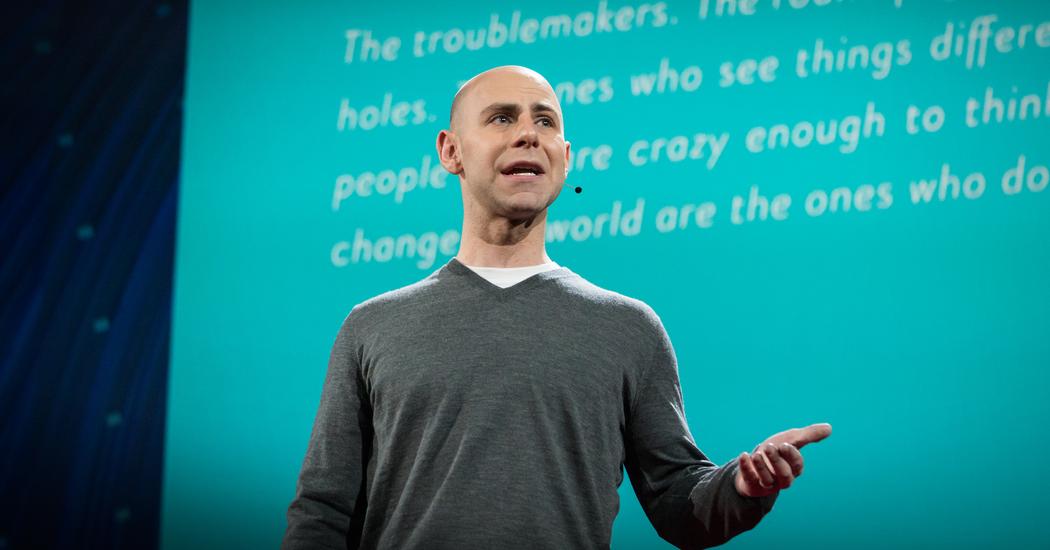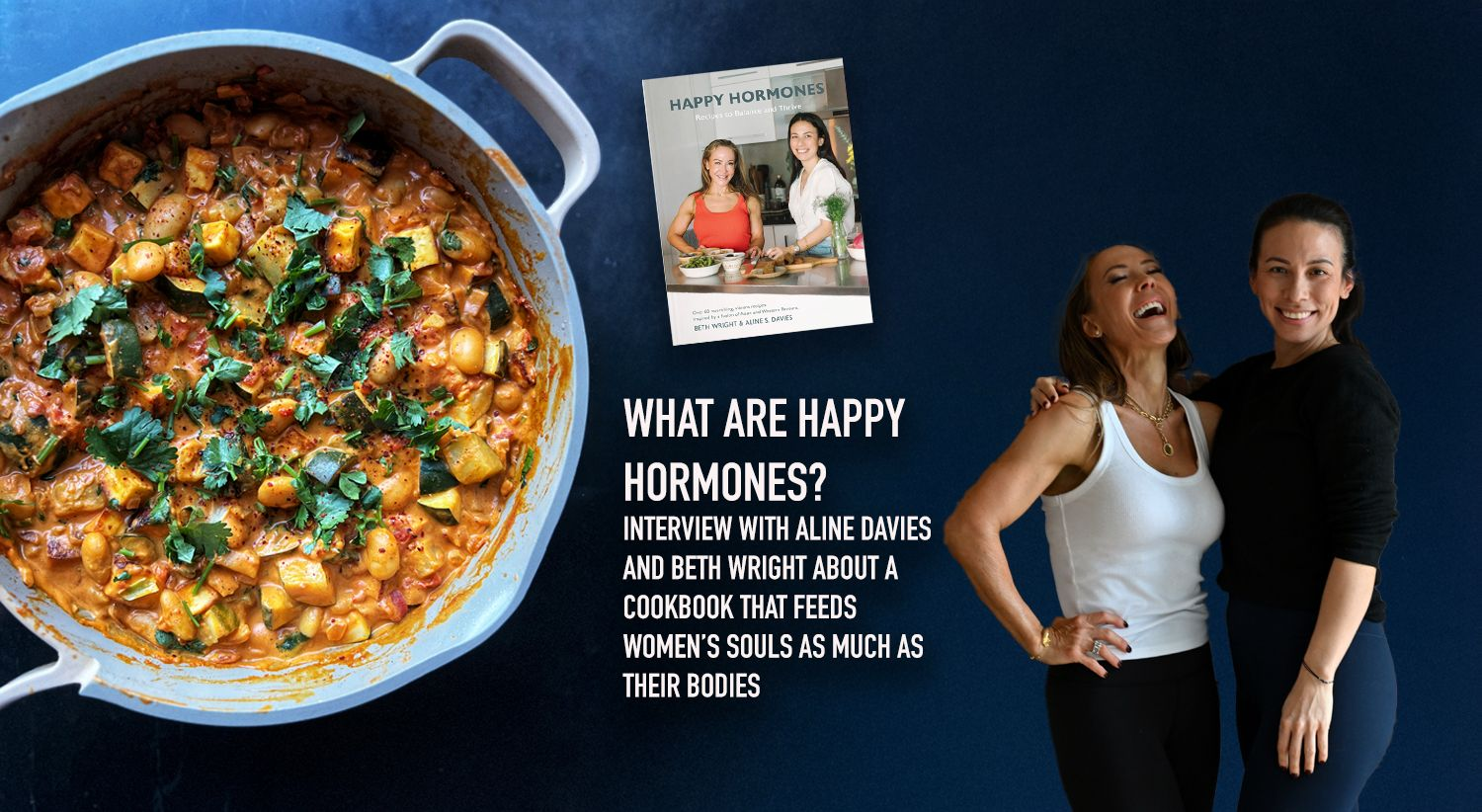Adam Grant is an organisational psychologist, Professor at the Wharton School, and bestselling author of Give and Take and Originals. Having challenged the notion that selfishness leads to success, that extroverts always make better leaders, and that procrastination is always a vice, Grant has returned with Think Again to explore the critical art of rethinking.

Photograph by TEDTALKS 2016
Q: Your previous books have focused on the power of generosity, the origins of innovative thinking, and the psychology of resilience. What prompted you to write this book now?
A.G: In the winter of 1999, a group of high school seniors started an online social network for incoming freshmen at Harvard. After connecting more than an eighth of the class online, when they arrived on campus, they shut it down. Five years later, Mark Zuckerberg started Facebook in the house next door. Ever since, the founders of the original social network have regretted the decision. I know, because I was one of them. We never bothered to rethink our assumptions—that social media was only relevant when you couldn’t interact face-to-face, that online social networks were a hobby, not a business. In many ways, this book is a message to my younger self: you might want to think again.
We’re better off in scientist mode. There’s evidence that when entrepreneurs are taught to think like scientists—treating their strategies as hypotheses and their products as experiments—their startups grow faster, because they’re more willing to pivot. Thinking like a scientist favors humility over pride, doubt over certainty, curiosity over closure. In scientist mode, we refuse to let our ideas become ideologies. We don’t start with answers or solutions; we lead with questions and puzzles.
Q: Can you talk about why the adage “always go with your first answer” is dead wrong?
A.G. : Growing up, my mom told me that if I was unsure about a question on a test, I should go with my first answer. But decades of evidence show that when students change their answers, they usually improve their scores. Sorry, Mom! It’s called the first-instinct fallacy: your first answer might be the most obvious answer, but that doesn’t mean it’s the best answer. Sometimes our intuition is right; other times it’s flat out wrong. The lesson here is that instead of trusting your gut, you should test your gut.
Q : How do we practice loosening our grip on our own fixed opinions?
A.G. : It isn’t always easy, but I have three favorite starting points for thinking like a scientist. One: build a challenge network, not just a support network. Identify your best critics—people who are unusually thoughtful in questioning my assumptions—and invite them to pressure-test your beliefs. You can also make it a point to follow people because you respect the intellectual integrity they bring to their questions, even if I disagree with their answers. After all, we learn more from people who challenge our thought process than those who affirm our conclusions.
Two: base your identity on your values, not your opinions. Who you are is a question of the principles you think are important, not the views you think are true. You wouldn’t want a doctor whose identity is Professional Lobotomist or a teacher whose identity is Corporal Punisher. You’d want the doctor whose identity is protecting health and the teacher whose identity is promoting learning. Defining ourselves in terms of values keeps us open to rethinking the most effective ways to achieve them.
Three: reflect on how you might believe different things if you had been born a century ago, in a different country, or with different skin color. In a series of experiments, I found that this was enough to get passionate Yankees and Red Sox fans to overcome some of their animosity: after considering how they might feel differently about their teams if they had grown up in another city, they were more willing to root for their rival—and less likely to punish rival fans with spicy hot sauce.
Adam Grant will join former Google China President Kai-Fu Lee on November 13th at this year’s Hong Kong International Festival. Get your tickets at here.
This interview was run by Penguin UK. No part of this interview may be published without the permission in writing from the publisher.


